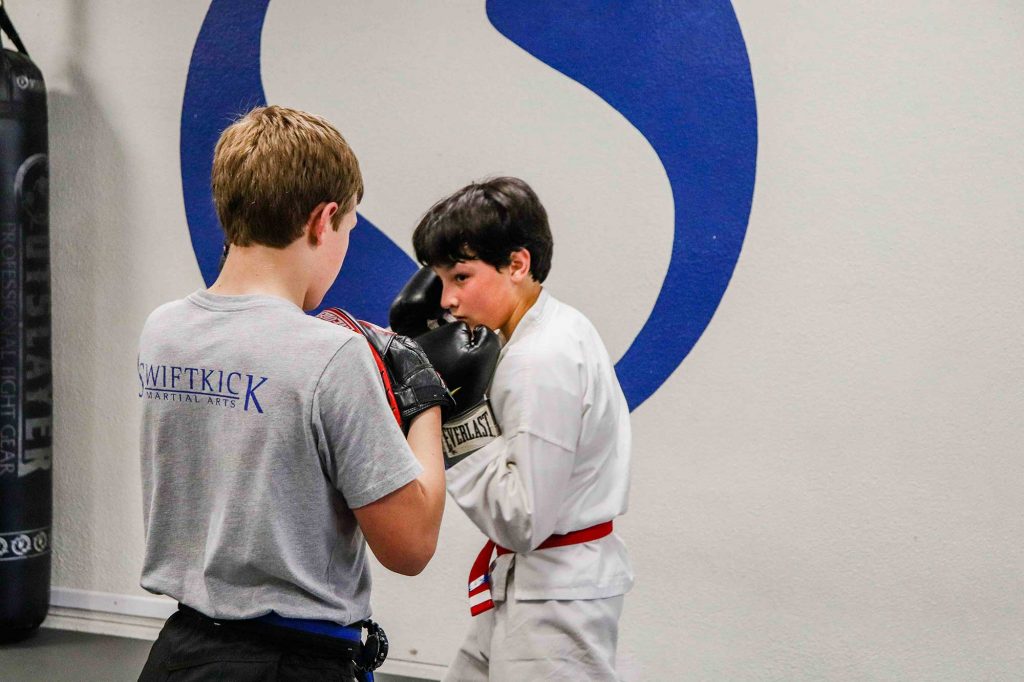One of the biggest concerns that families express today is the lack of confidence their children display. Whether it manifests in bullying, feeling left out, or unwillingness to try anything new, young children seem to be inhibited by wanting to blend in. Some of these tendencies are entirely natural, but some people claim social media and other pressures are causing a decline in children\’s overall confidence today. As families turn to social groups, athletics, and volunteering to build up and raise confident children, some things should be adhered to for sustainable self-esteem.
A child with high self-esteem will live accepted, display confidence, and feel pride when they try something new, even if they do not excel instantly. A child with confidence believes in himself, has a positive self-image, and can overcome adversity throughout life. We must do whatever possible to build children up.
Growing Up Is A Good Thing!
Remind children that at every age – there are new things to learn! Often, children get frustrated with new tasks if they have done something well previously. Children must understand that as they get older, tasks become more complicated, but they are just as capable of overcoming the challenges as they did previously. Finding a healthy and family-friendly format is essential, especially for children already displaying low self-confidence. Martial arts are excellent for children because the best programs focus on the individual but build skills, confidence, and friendships within peer groups.
Modeling Confidence Raises Confident Children
It is best to model and show children what is expected when teaching them something new. In martial arts, this is foundational to a child’s success in the program. Repetition, patience, and encouragement from instructors are critical. In some organized sports, coaches expect children to have athletic abilities, but every child is unique. Find an activity that brings a child fulfillment and build on that. If a child loves volunteering and helping others, find ways to connect them on a level they feel they are making a difference.
Avoid Harsh Criticism
Anytime something new is attempted, failure is part of the process. There is much value in failure, and many famous coaches and successful business icons testify that failure is what pushed them to greatness. We must reinforce to children that failure is part of the process of becoming better at anything. Never criticize mistakes harshly, and never use embarrassment or degrading comments to encourage betterment. Children who struggle with low self-confidence are already hard enough on themselves. They tend to critique themselves and consistently compare their abilities to those of others they think are superior. Harsh criticism is the most counter-productive way to get results from children.
Avoid Overpraise and Keep it Real
Children are intelligent and recognize overpraise when they get it. It is much more meaningful when they feel the praise is genuine. Fake praise holds very little value in building confidence. Children want to be accepted and loved. They often want to hear that we are proud of them for not giving up. Praise effort, progress, and attitude, and avoid praising results (although this is so hard!).
Strengths and Not Weaknesses
One of the keys to building confidence in a child is to watch for things that they do well and the things they enjoy. Do whatever possible to encourage young children to persevere and overcome the inevitable hurdles. As they get further into an activity, the more challenging it will become. Encourage your child to stick with something long enough to overcome initial insecurity. Once a child achieves something, celebrate the journey and effort. It takes different amounts of time for children to achieve the same goal, so being intentional about encouraging them in their strengths is critical.
Children with low self-confidence are more likely to allow others to mistreat them. Children with low self-esteem do not like to try things because they have already decided they will likely fail. Sadly, these children miss many opportunities and should be encouraged to try new things often. Please focus on the positives of the experience and encourage them to keep at it.
Martial Arts Builds Up Confident Children
In martial arts, children are typically grouped into similar age groups. A martial arts training class of 6–10-year-olds will have some children that set goals and progress more rapidly than others. However, master instructors work with each student in this environment to achieve their personal best. Martial arts continue to be a favorite for families working to build their child\’s confidence. Although it is an individual sport, children learn many valuable skills on and off the mat.
Building confidence at young ages allows children to deal with failures and mistakes throughout life. Let\’s commit to elevating children today so their future, and ours, is a hopeful promise of every individual’s greatness.

